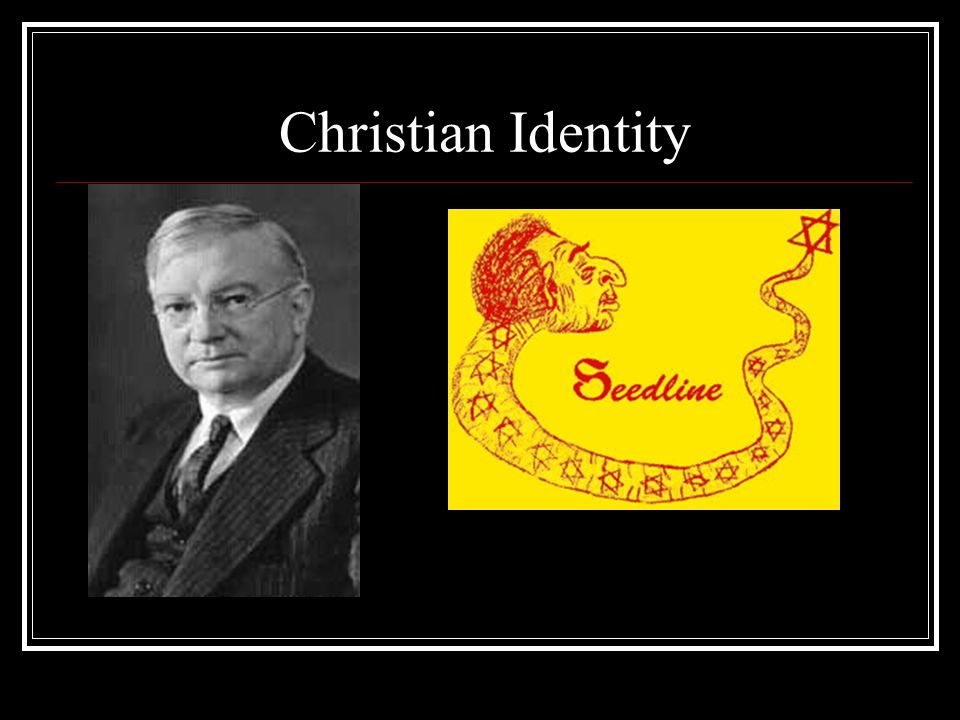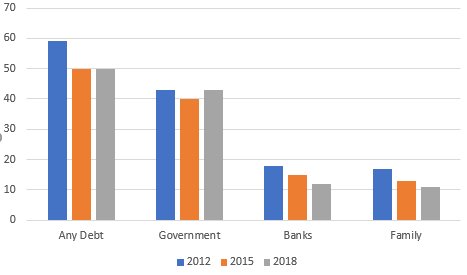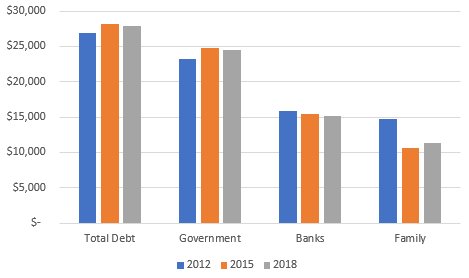(2/x)
In my discipline, the anti-globalization movement/"Battle of Seattle" is an iconic reference point. Not in WIRED at all.
The Cold War was over. The Net was lowering barriers to trade and information flow. The global marketplace was coming.
"The nation-state is now receding, yielding center stage to 'the marketplace.'"
(7/x)

(8/x)
-1994's "The Merry Pranksters Go to Washington" wired.com/1994/06/eff/
and 1996's "How Good People Helped Make a Bad Law"
wired.com/1996/02/digite…
(10/x)
(11/x)
Reading chronologically, you can see how residual anger at Clinton/Gore seeped into the next several years of coverage. (13/x)
Barlow wasn't being a starry-eyed optimist in his declaration. He was reclaiming his cred. 14/x
Birth of a Digital Nation: wired.com/1997/04/netize…
The Digital Citizen: wired.com/1997/12/netize…
(16/x)
(17/x)
There's a larger lesson from it, though. Jon Katz in 99 was looking at the segment of the public that was participating in vibrant online discourse. (...) (19/x)
That's the systematic problem with (near-)futurism. We take today's trends and imagine more of the same. (20/x)
(22/x)
Tech had lost its prevailing metaphor. (24/x)
"How the Internet Invented Howard Dean" wired.com/2004/01/dean/
"Weapons of Mass Mobilization" wired.com/2004/09/moveon/
(26/x)
I think they're still examples of what @WIRED at its finest can look like. Dean and MoveOn were doing impossible things. WIRED helped make sense of them.
Again, as with the Katz articles, the Dean and MoveOn models would face new challenges as they grew.
(28/x)
(29/x)
That means basically ignoring economic inequality. (30/x)
(31/x)
It's a huge shift from the globalization-optimism of early WIRED. (32/x)
Three examples: @vermontgmg's story about @CivisAnalytics wired.com/2016/06/civis-…
@issielapowsky interviewing Al Gore wired.com/2016/05/wired-…
and (...) (33/x)
Those are just three examples. There are tons more, including the entire Free Speech issue from February 2018.
(34/x)
Today's WIRED is more curious and concerned than optimistic.
(35/x)
Also because digital media is now baked into everything, so it's harder to treat social issues as someone-else's-beat.
And finally (...) (36/x)
Today we inhabit that digital present. So WIRED writers are instead helping their readers figure out what just happened. (fin)







